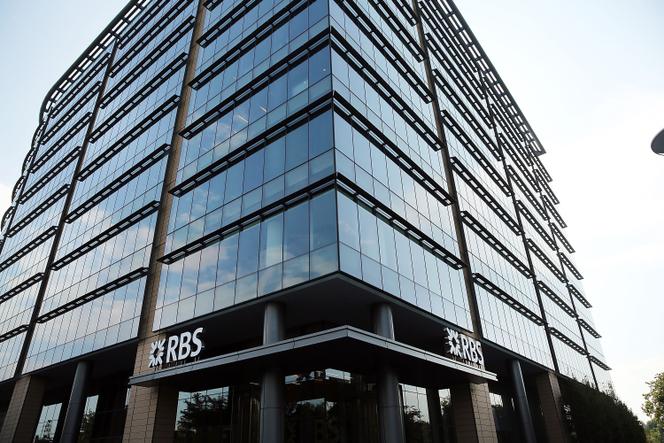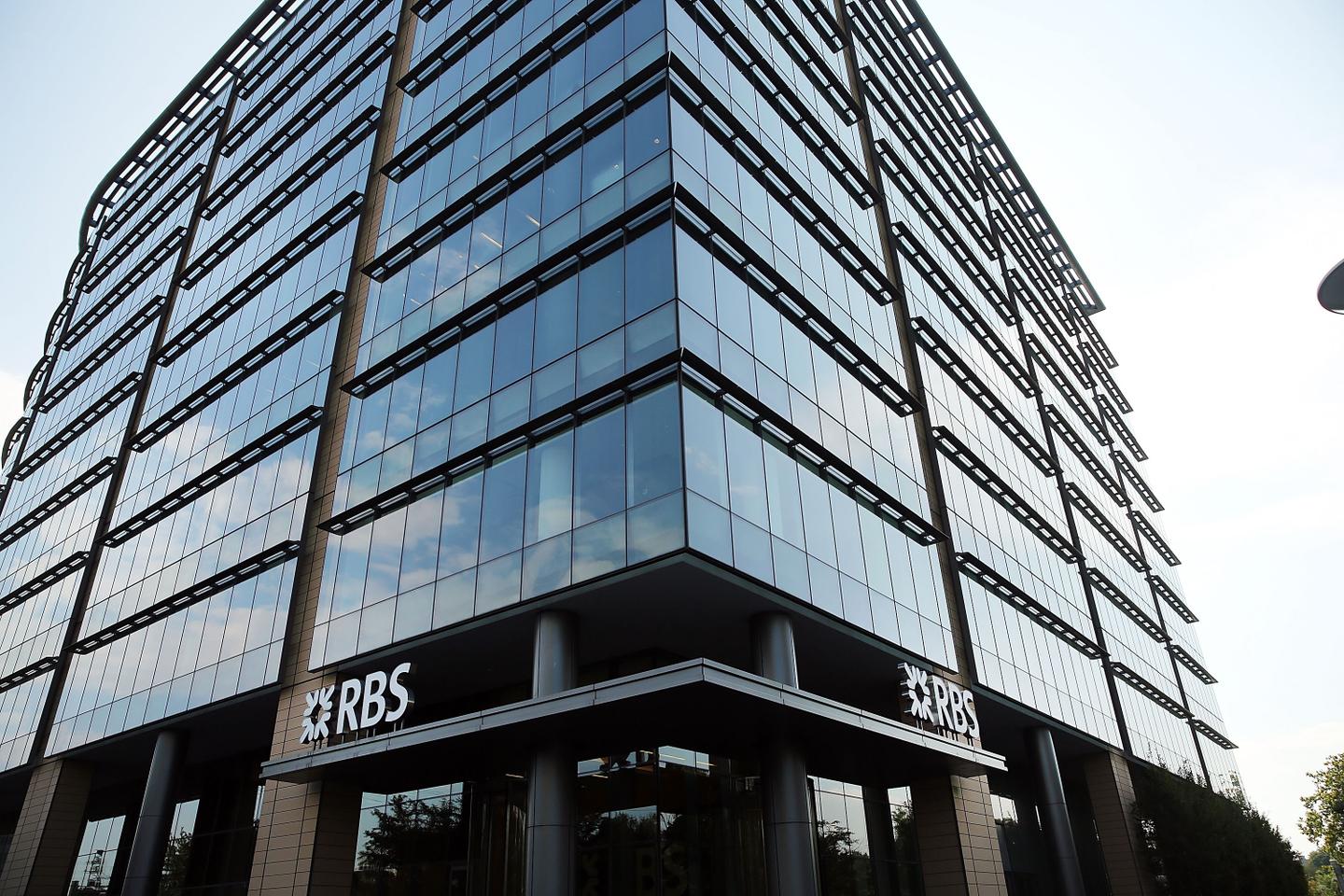
In autumn 2008, during the global banking crisis, the British government was forced to take the unthinkable step: It urgently nationalized two banks, including Royal Bank of Scotland, one of the world’s largest financial institutions. On Friday, May 30, 17 years later, it finally sold off its remaining stake, closing the chapter on one of the largest financial collapses in history.
After two decades, are the lessons of that crisis at risk of being forgotten? The United States, European Union and United Kingdom are currently delaying the implementation of new banking regulations, each fearing unfair competition from the others. “We are not yet in a race to the bottom, but the risk is very real,” summed up Nicolas Véron of the Peterson Institute for International Economics (PIIE), a US-based think tank.
The standoff centers on the Basel III standards. These are set by the Basel Committee, a body that brings together supervisors from 28 countries and institutions. After the 2008 financial crisis, Basel II standards were introduced as early as 2010 to strengthen the capital banks were required to hold. Then, in 2017, Basel III standards were established, with implementation planned for 2022. Japan and Canada remain the only two major jurisdictions to have complied.
You have 76.77% of this article left to read. The rest is for subscribers only.







